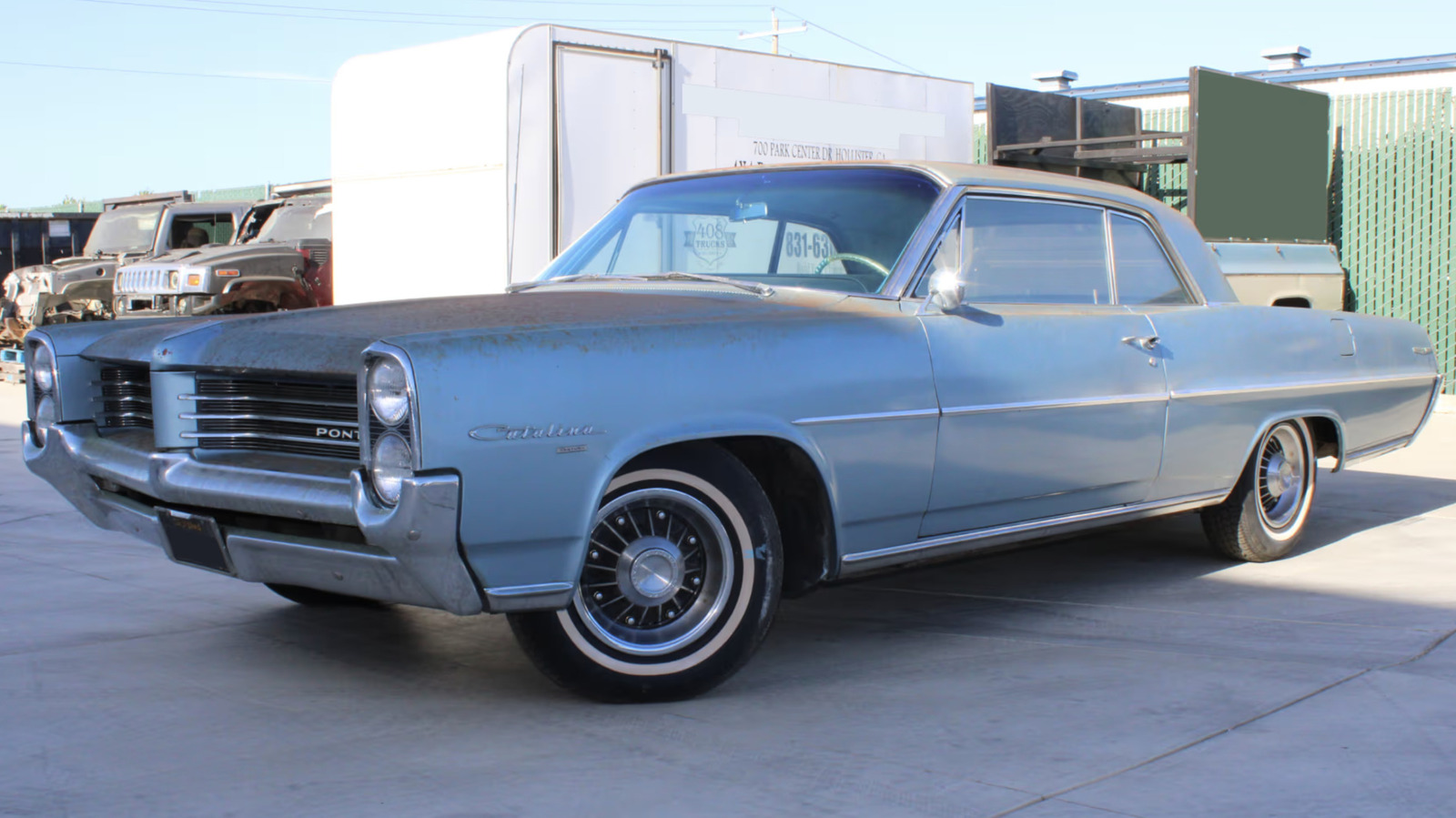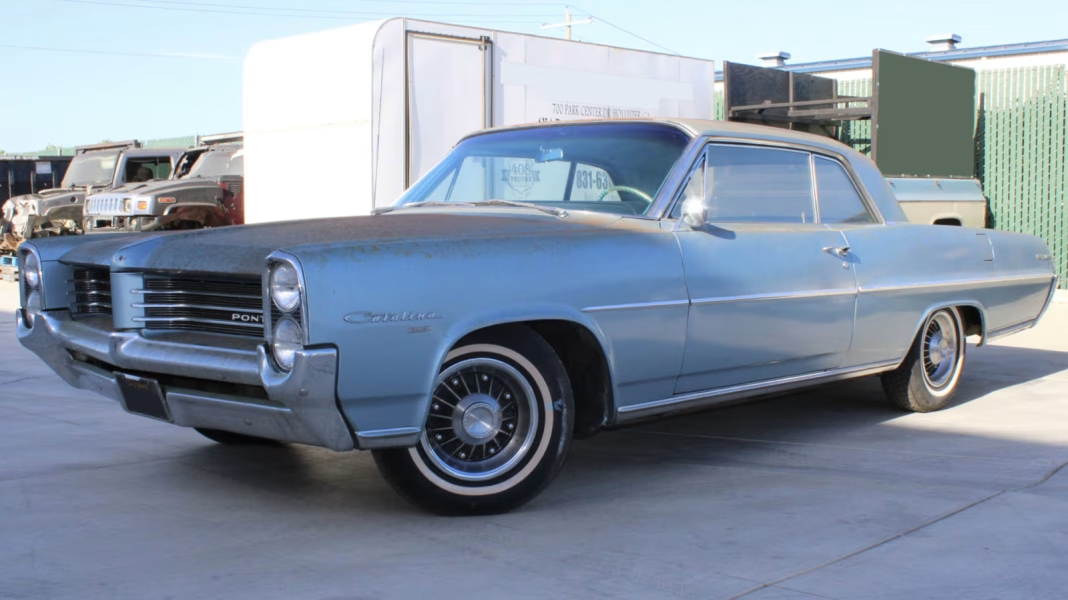Where Can You Still Find Affordable Used Cars in 2025?
If you’ve been car shopping lately, you know the sticker shock is real. Prices for used vehicles have soared in recent years, leaving many buyers wondering if affordable options even exist anymore. But here’s the good news: with a bit of strategy and some insider know-how, you can still score a solid used car in 2025 without draining your savings.
Why Are Used Car Prices Still High?
Let’s address the elephant in the room. Why do used cars cost so much right now? It’s a mix of lingering supply chain issues, fewer new cars hitting the market during the pandemic years, and increased demand as people look for alternatives to public transit. According to Kelley Blue Book, the average used car price in early 2025 hovers around $27,000—a record high. But averages don’t tell the whole story. There are still deals out there if you know where to look.
What Types of Cars Offer the Best Value?
Not all used cars are created equal. If you’re after affordability, focus on models known for reliability and low maintenance costs. Think older Toyota Corollas, Honda Civics, or Ford Fusions. These cars might not turn heads, but they’re famous for running well past 150,000 miles with basic care. Compact sedans and hatchbacks tend to be overlooked in favor of SUVs and trucks, which means you can often snag them for less.
Looking for something a bit more fun? Older Mazda3s and Hyundai Elantras are often undervalued gems. And if you’re open to a manual transmission, you’ll usually pay even less—most buyers want automatics, so stick-shifts can be a hidden bargain.
How Can You Spot a Genuine Bargain?
It’s tempting to jump on the first low price you see, but not every cheap car is a good deal. Start by checking the vehicle history report—services like Carfax or AutoCheck can reveal past accidents, flood damage, or odometer rollbacks. Next, always get a pre-purchase inspection from a trusted mechanic. It might cost $100 or so, but it could save you thousands in surprise repairs.
Don’t forget to check for recalls. The National Highway Traffic Safety Administration (NHTSA) offers a free online tool where you can enter the VIN and see if any safety issues have been addressed.
Are There Certain Places That Offer Better Deals?
Absolutely. While big-name dealerships offer peace of mind, they often charge premium prices. Private sellers, on the other hand, can be more flexible—especially if they’re motivated to sell quickly. Online marketplaces like Facebook Marketplace, Craigslist, and reputable platforms such as Cars.com or Autotrader are worth browsing. Just be cautious: meet in safe, public places and trust your gut if something feels off.
Another tip? Check out public auto auctions. Many cities hold regular auctions for government fleet vehicles, which are usually well-maintained and sold at a fraction of retail prices. It’s a bit of a gamble, but sometimes you’ll find a diamond in the rough.
What About Certified Pre-Owned Cars—Are They Worth It?
Certified Pre-Owned (CPO) vehicles come with manufacturer-backed warranties and have passed rigorous inspections. They cost more than regular used cars, but for some buyers, the peace of mind is worth the extra cash. If you’re risk-averse or want a newer model with low miles, CPO might be your best bet. Just remember: not all CPO programs are created equal, so read the fine print on what’s actually covered.
How Can You Negotiate Like a Pro?
Negotiation isn’t everyone’s favorite part, but it can make a big difference. Start by researching the fair market value of the car you want using tools like Edmunds or NADA Guides. When you make an offer, be polite but firm. Point out any issues you found during your inspection and don’t be afraid to walk away if the price isn’t right. Sometimes, just being willing to leave is enough to get the seller to budge.
What Hidden Costs Should You Watch Out For?
A low sticker price can be deceiving. Factor in taxes, registration, insurance, and any immediate repairs or maintenance the car might need. If you’re buying from a dealer, watch for add-ons like extended warranties or “documentation fees”—these can add hundreds or even thousands to your final bill. Always ask for an out-the-door price before you sign anything.
How Can You Make Your Used Car Last Longer?
Once you’ve found your ride, a little TLC goes a long way. Stick to the manufacturer’s maintenance schedule, keep fluids topped off, and address small issues before they become big problems. According to Consumer Reports, regular oil changes and tire rotations can add years to your car’s life. And don’t underestimate the power of a good wash—keeping your car clean helps prevent rust and preserves resale value.
The Big Takeaway
Finding an affordable used car in 2025 isn’t about chasing unicorns—it’s about making smarter, more informed choices. Start with one change this week, whether it’s checking out a new marketplace, getting a mechanic’s opinion, or simply expanding your list of potential models. With a little patience and a sharp eye, you’ll likely spot the difference by month’s end.


